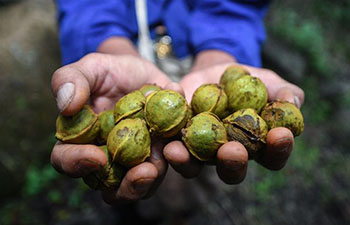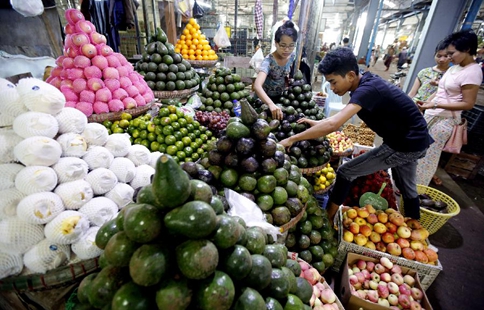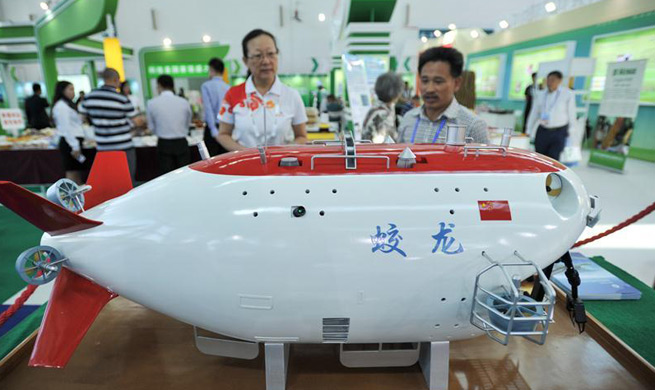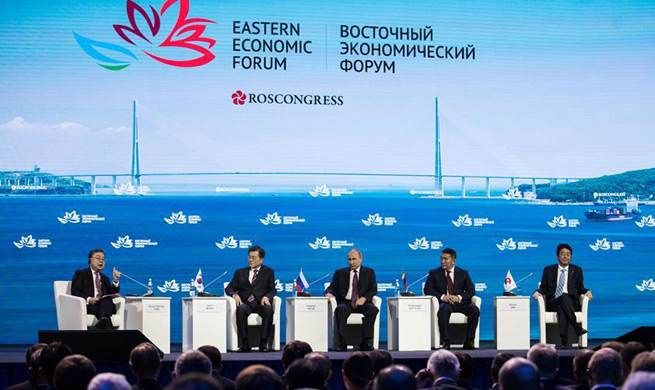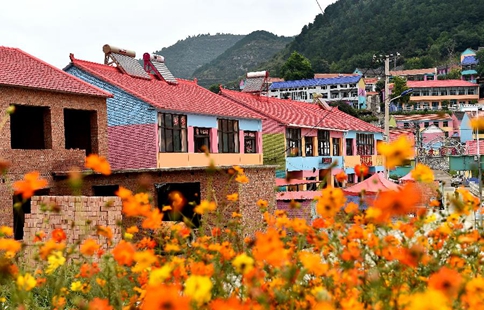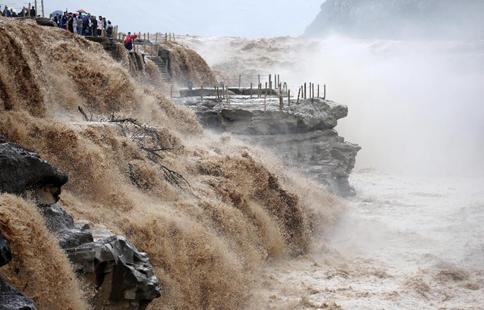by Denis Elamu
JUBA, Sept. 7 (Xinhua) -- South Sudan on Thursday regretted the untimely decision by the United States to sanction three senior officials from the South Sudanese government, saying it could scuttle ongoing peace efforts in the war-torn country.
Ministry of Foreign Affairs spokesman Mawien Makol told Xinhua that the Wednesday sanctions by the U.S. Department of the Treasury on two government officials and one former top army official, on ground of undermining security and peace in the country, will harm ongoing peace efforts.
"It means that the government is not being recognized by our (U.S.) allies. The U.S. has declared sanctions at the time we are doing utmost best to bring peace to the country," Makol revealed.
Among the sanctioned are the minister of information Michael Makuei, South Sudan army (SPLA) deputy chief of logistics General Reuben Riak, former SPLA chief Paul Malong, and three companies linked to one of the officials.
The decision came at the time the head of the United States Agency for International Development (USAID) Mark Green revealed last week on visiting Juba that the United States was reviewing its policy toward South Sudan.
"Sanctions are not important. What's important is to support the government. It is actually crippling ongoing peace efforts," Makol added.
President Salva Kiir declared a national dialogue late last year to involve various insurgent groups in round table negotiations in Juba on condition they renounced violence.
The dialogue process is ongoing with some fringe militia groups joining, amid intermittent fighting with the main rebel group Sudan People's Liberation Army-in opposition (SPLA-IO) led by exiled former First Vice President Riek Machar.
The United States also urged South Sudan leaders to honor their declared ceasefire, stop harassment of aid workers and engage constructively and seriously in the peace deal revival roadmap declared in June by the East African bloc the Intergovernmental Authority on Development (IGAD).
Makol also called on the United States to provide more support to peace efforts than pursuing sanctions.
"We have still good relations with the U.S., contacts are still there. But we need their support in positive way," he said.
South Sudan descended into violence in December 2013 after political dispute between President Kiir and his former deputy Machar led to fighting that pitied mostly Dinka ethnic soldiers loyal to Kiir against Machar's Nuer ethnic group.
The 2015 peace agreement to end the violence was again violated in July 2016 when the rival factions resumed fighting in the capital, forcing Machar to flee into exile.
The conflict has killed tens of thousands of people and displaced millions that have sought refuge in neighboring countries.




